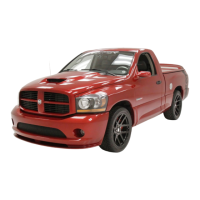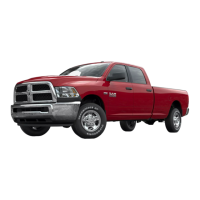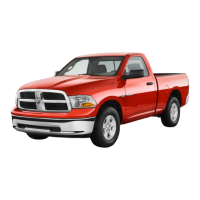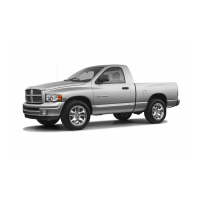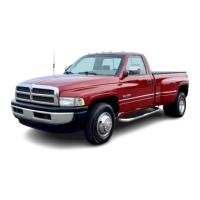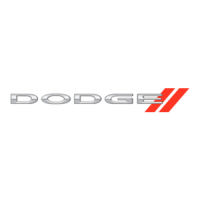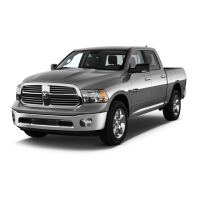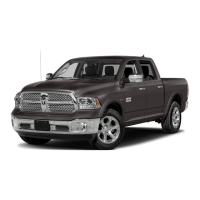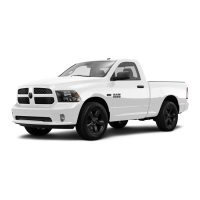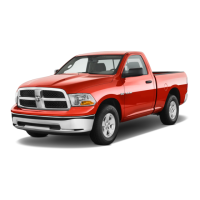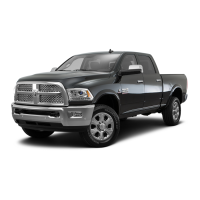Recommended Engine Coolant
Refer to Recommended Fluids, Lubricants and Genuine
Parts for correct fluid type.
CAUTION!
•
Mixing of coolants other than specified engine
coolant, may result in engine damage, and decrease
corrosion protection. If a non-HOAT coolant is
introduced into the cooling system in an emergency,
it should be replaced with the specified coolant as
soon as possible.
•
Do not use plain water alone or alcohol base engine
coolant (antifreeze) products. Do not use additional
rust inhibitors or antirust products, as they may not
be compatible with the radiator engine coolant and
may plug the radiator.
•
This vehicle has not been designed for use with
Propylene Glycol based coolants. Use of Propylene
Glycol based coolants is not recommended.
Disposal Of Used Engine Coolant
Used ethylene glycol based engine coolant is a regulated
substance requiring proper disposal. Check with your
local authorities to determine the disposal rules for your
community. Do not store ethylene glycol-based engine
coolant in open containers or allow it to remain in
puddles on the ground. Prevent ingestion by animals and
children. If ingested by a child, contact a physician
immediately. Clean up any ground spills immediately.
Coolant Pressure Cap
The coolant pressure cap must be fully tightened to
prevent the loss of coolant and to insure that the coolant
will return to the radiator from the coolant reserve tank.
The pressure cap should be inspected and cleaned if there
is any accumulation of foreign material on the sealing
surfaces.
MAINTAINING YOUR VEHICLE 267
7
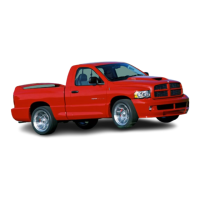
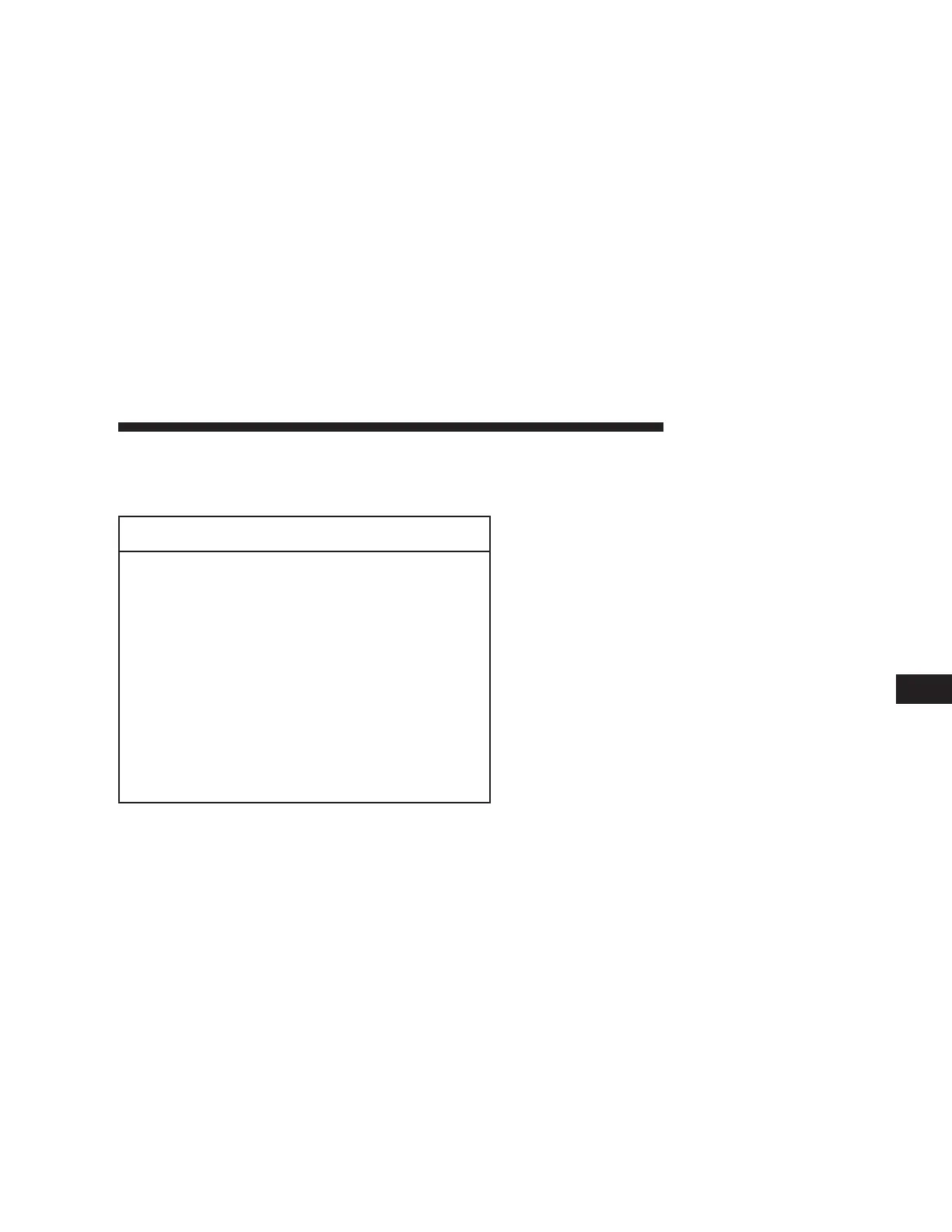